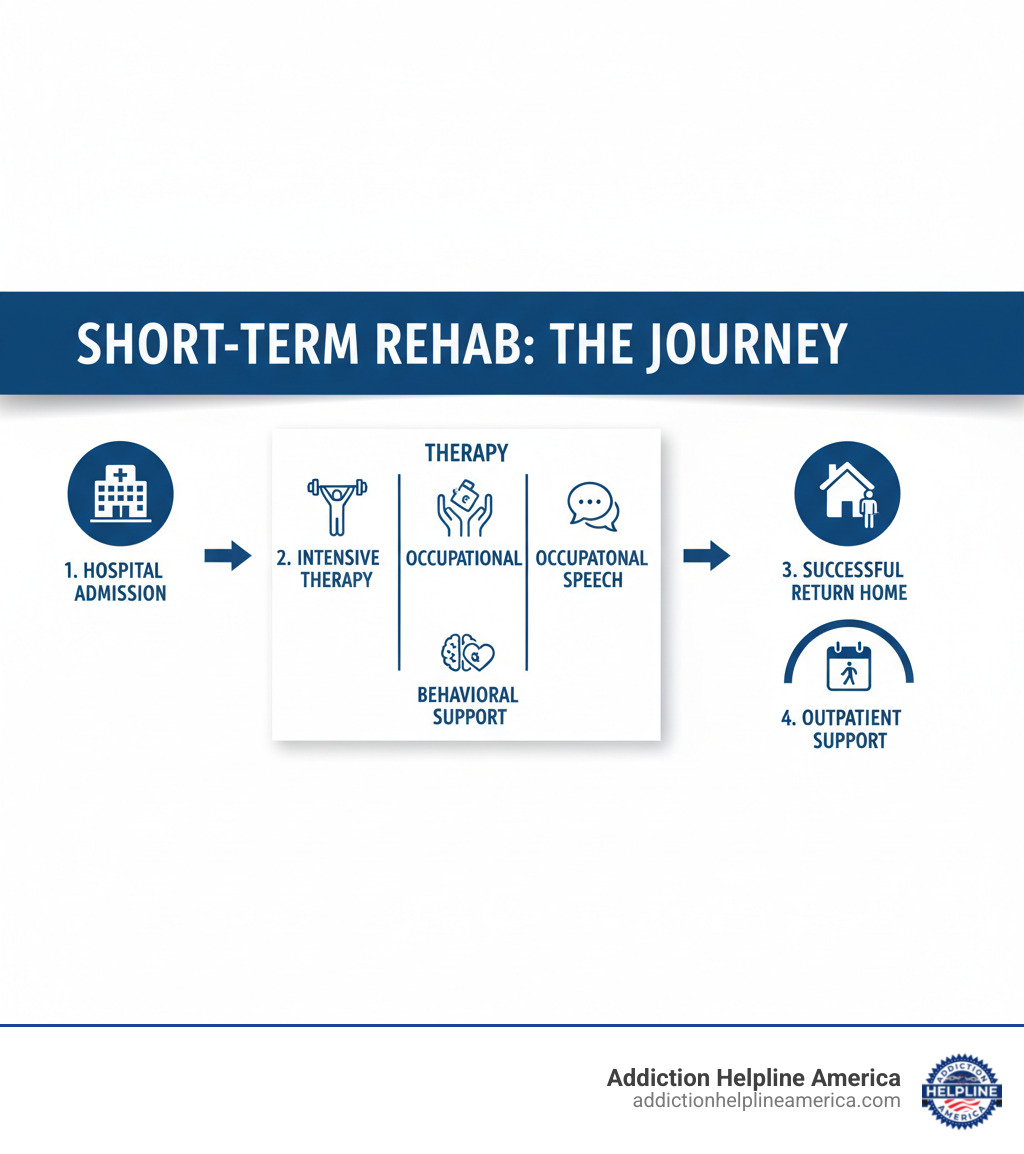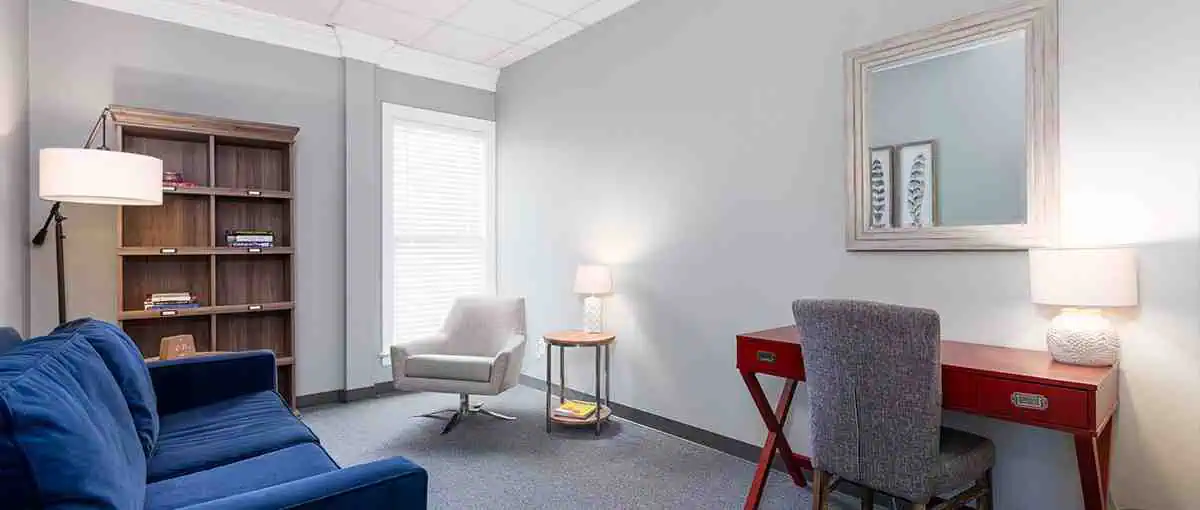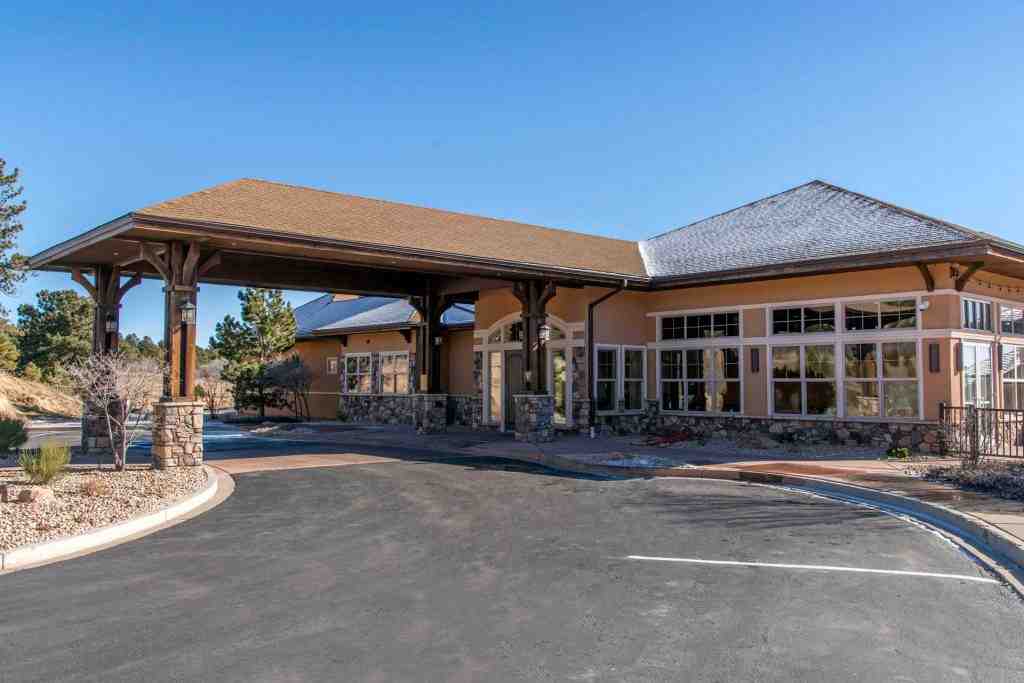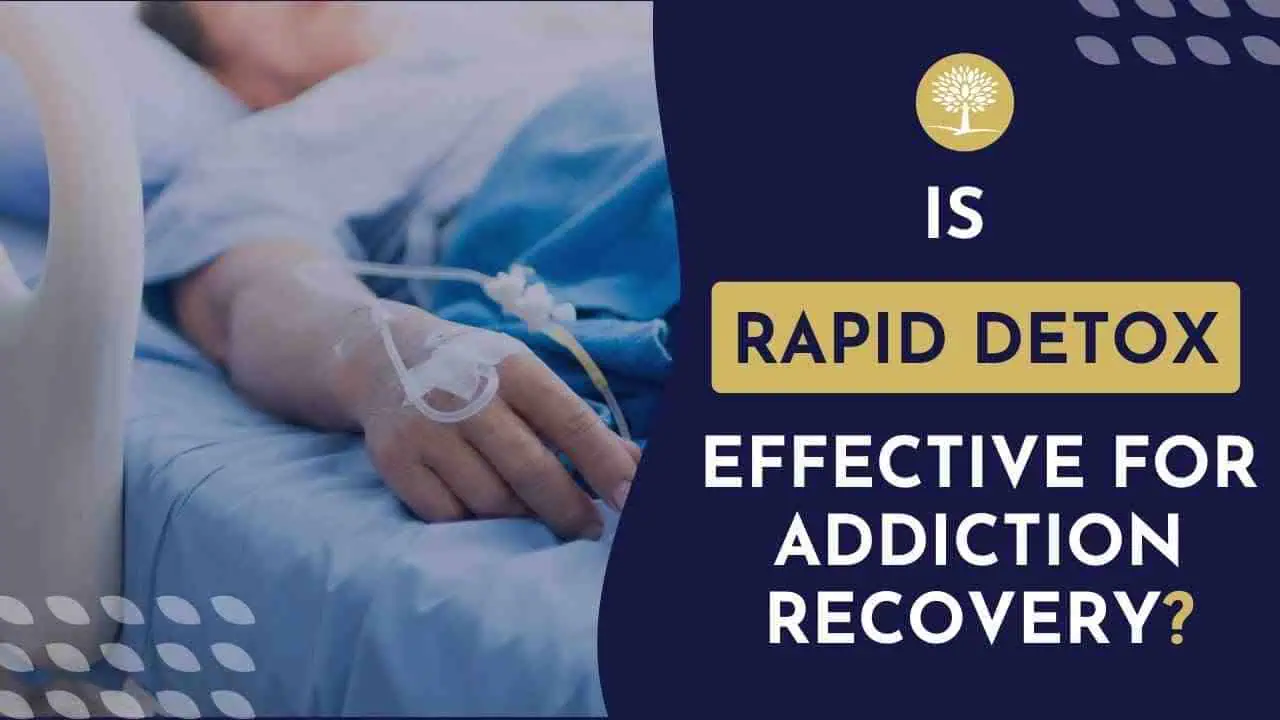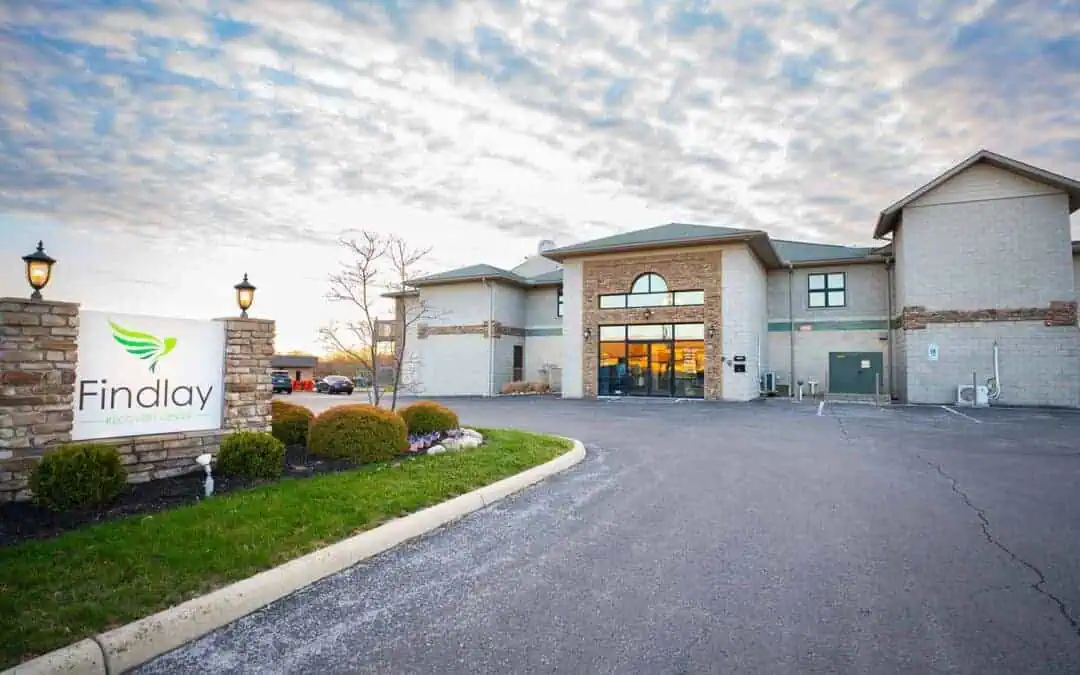
Understanding Short-Term Rehabilitation: Your Path to Recovery
Short term rehab centers near me provide focused, intensive care to help you or a loved one regain independence after a medical event or begin recovery from addiction. It’s an intensive, goal-oriented bridge between hospital and home, focused on helping you recover strength, mobility, and daily living skills.
What Short-Term Rehab Offers:
- Duration: Typically 3-4 weeks, but can extend up to 90 days.
- Common Therapies: Physical, occupational, and speech therapy; behavioral counseling; medication management.
- Settings: Specialized rehab centers, skilled nursing facilities, assisted living, or home-based care.
- Conditions Treated: Post-surgery recovery, stroke, joint replacement, cardiac events, fractures, and substance use disorders.
- Payment Options: Medicare (up to 100 days with conditions), Medicaid, private insurance, and private pay.
Unlike long-term care, short-term rehab is temporary and recovery-focused. These programs combine medical oversight with therapeutic interventions in a structured environment. For addiction recovery, short-term programs (often 7-30 days) provide medical detox and stabilization before transitioning to longer-term support. While research shows better outcomes with 90+ days of treatment, shorter stays are a crucial first step when followed by outpatient care.
At Addiction Helpline America, we’ve guided thousands of individuals and families through the process of finding appropriate short term rehab centers near me, connecting them with treatment options that match their medical, addiction, and financial circumstances. Our team understands that choosing the right facility can feel overwhelming, especially during a crisis.
Short term rehab centers near me word roundup:
Tip 1: Understand Your Specific Recovery Needs
Before searching for short term rehab centers near me, you must clarify the specific type of recovery needed. The right care for post-surgery recovery is very different from addiction treatment.
Medical recovery is for major health events. It involves intensive therapy to regain function after surgery, a stroke, a cardiac event, a severe fracture, or a fall. It can also help manage flare-ups of chronic conditions like Parkinson’s or severe infections.
Addiction recovery programs focus on substance use disorder. Short-term options (7-30 days) typically provide medical detox and stabilization. The goal is to safely manage withdrawal and begin counseling. Since at least 90 days of treatment leads to better outcomes, these shorter programs are a crucial first step, meant to be followed by outpatient care or longer-term support. Learn more about professional addiction help.
Your hospital discharge plan is your roadmap. Ask your medical team questions to get clarity and feel confident about the next steps.
Questions to ask your doctor or case manager:
- What specific therapies do I need and how often?
- What are my prescribed medications and their side effects?
- What equipment or home modifications will I need after rehab?
- How long should the rehabilitation stay last?
- What is the plan for care after short-term rehab ends?
Knowing whether you need intensive physical therapy or medical detox with counseling helps you find a facility that specializes in those services.
Common conditions requiring short-term rehab: post-surgical recovery, stroke, traumatic brain injury, fractures, severe infections, cardiac events, amputations, exacerbations of chronic conditions (e.g., Parkinson’s, MS), and substance use disorder.
At Addiction Helpline America, we understand this stage is overwhelming. We provide free, confidential guidance to help you find short term rehab centers near me that match your specific situation. You don’t have to figure this out alone.
Tip 2: Evaluate Therapies and Care Settings
Finding the right short term rehab centers near me means understanding the therapies offered and the environment where care is delivered. Programs use a multidisciplinary team of specialists to address your physical, emotional, and practical needs.
Key Therapies in Short-Term Rehab
- Physical Therapy (PT): Focuses on rebuilding strength, balance, and mobility to help you walk, stand, and move safely.
- Occupational Therapy (OT): Helps you relearn or adapt daily activities like dressing, preparing meals, and bathing to live as independently as possible.
- Speech Therapy (ST): Addresses communication challenges, swallowing difficulties, and cognitive functions like memory and problem-solving, especially for stroke survivors.
- Behavioral and Psychological Therapies: Crucial for addiction recovery and coping with the emotional weight of a medical event. These include Cognitive Behavioral Therapy (CBT), Dialectical Behavior Therapy (DBT), and Motivational Interviewing.
- Medication-Assisted Treatment (MAT): Combines medications with therapy to treat substance use disorders, particularly for opioid or alcohol addiction, by stabilizing brain chemistry.
Choosing the Right Setting
The environment where you recover is just as important as the therapies.
- Specialized Rehabilitation Centers: The gold standard for intensive recovery, offering 3+ hours of therapy daily, 5-7 days a week, with a focus on returning home.
- Skilled Nursing Facilities (SNFs): Provide 24/7 nursing care and rehabilitation, though therapy is often less intensive than in specialized centers.
- Assisted Living Communities: Offer short-term rehab stays in a home-like setting with visiting therapists, ideal for those needing less medical oversight.
- In-Home Rehabilitation: Therapists come to your home, allowing you to practice skills in your own environment. This requires a stable medical condition and support at home.
- Hospital Inpatient Rehabilitation Units: For the most complex cases requiring intensive, medically supervised care immediately after an injury or illness.
Here’s a comparison of different short term rehab centers near me settings:
| Setting | Description | Typical Duration (Medical) | Key Features |
|---|---|---|---|
| Short-Term Rehab Center | A dedicated facility focused on intensive rehabilitation following acute illness or injury | 2-6 weeks (up to 90 days) | Intensive therapy (PT, OT, ST) 5-7 days/week, 3+ hours/day; 24/7 skilled nursing care; Physician oversight; Specialized equipment; Focus on returning home |
| Skilled Nursing Facility (SNF) | Provides skilled nursing care and rehabilitation services as a bridge between hospital and home | 1-100 days (Medicare limit) | 24/7 skilled nursing care; Therapy services (PT, OT, ST); Medical oversight; Less intensive therapy than specialized centers |
| Assisted Living (Respite/Rehab) | Primarily residential care offering short-term stays with rehabilitation services from visiting therapists | Days to weeks | Home-like environment; Assistance with daily living; Less intensive medical care; Therapy often from external agencies |
| In-Home Rehabilitation | Therapists provide services in the patient’s home for those stable enough to return home | Varies, often weeks to months | Familiar environment; Personalized therapy in daily context; Requires safe home and family support; Less intensive than facility-based rehab |
| Hospital Inpatient Rehab | Intensive rehab in a hospital setting for complex medical needs | 1-4 weeks | Highest level of medical oversight; Most intensive therapy; For complex cases requiring close monitoring |
Choosing the right setting depends on your medical stability, care intensity needs, and personal preferences. For a deeper understanding of how different programs work, learn about the difference between types of rehab settings. If you’re curious about specific treatment methods, explore more info about therapeutic approaches.
Tip 3: Steer Costs and Insurance Coverage
Understanding how to pay for short-term rehabilitation is a major concern for most families. Costs vary based on the facility, care intensity, and location, but several options can make short term rehab centers near me financially accessible.
How to Pay for Short-Term Rehab
- Medicare: For medical rehab, Medicare Part A may cover up to 100 days in an approved skilled nursing facility. To qualify, you need a 3-day qualifying hospital stay, must enter the facility within 30 days of discharge, and require daily skilled care. Medicare covers 100% of the first 20 days, with a daily co-insurance from day 21-100. For details, see the Official Medicare guide to rehab care.
- Medicaid: This state-federal program for those with limited income can cover costs that Medicare doesn’t. Coverage varies by state.
- Private Health Insurance: Your HMO or PPO plan will have specific rules for deductibles, co-pays, and in-network providers. Pre-authorization is often required. We can help you verify rehab insurance to understand your benefits.
- Private Pay: Many facilities offer payment plans or sliding scale fees if you’re paying out-of-pocket.
- Other Options:TRICARE serves military families, and various state and federal grants are available, particularly for addiction treatment.
What to Expect to Spend
Costs can be significant. The Genworth Cost of Care Survey shows the 2025 median monthly cost for a skilled nursing facility is around $9,277 (semi-private room) to $10,646 (private room). Assisted living with rehab services can start at $200 per day. Addiction treatment costs vary, but the focus should be on finding a program that provides a strong foundation for recovery, not just the lowest price.
These figures help you plan realistically. At Addiction Helpline America, we specialize in helping families steer this financial maze. Our team can verify your insurance, explain your benefits, and connect you with facilities that fit your budget. To explore your options, visit our comprehensive Find a Rehab Center Guide.
Tip 4: How to Find and Vet Short Term Rehab Centers Near Me
With the right approach, you can identify and vet short term rehab centers near me that meet your needs.
Use Online Tools and Referrals
- Online Directories: Use resources like Addiction Helpline America’s network or Medicare’s tool to find inpatient rehabilitation facilities near you and compare them.
- Healthcare Professionals: Ask your doctor, hospital case manager, or social worker for referrals based on your medical needs.
- Insurance Providers: Contact your insurance company for a list of in-network facilities to reduce costs.
Key Questions to Ask
Once you have a shortlist, ask detailed questions about:
- Staff-to-Patient Ratio: A lower ratio often means more personal attention.
- Therapy Intensity: How many hours of therapy are provided daily and weekly?
- Family Involvement: What are the visiting hours and policies for family participation?
- Discharge Planning: How do they prepare you for returning home?
- Specialized Programs: Do they have programs for specific conditions like stroke or dual diagnosis?
- Medical Oversight: How often are patients seen by a doctor?
- Costs: Reconfirm all costs and what your insurance covers.
Our guide on What to Expect in Rehab can help you prepare.
Tour the Facility
If possible, take a tour (in-person or virtual). Pay attention to cleanliness, staff-patient interactions, the general atmosphere, and the quality of therapy areas. A tour gives you a feel for the place beyond what a website can show.
Check Accreditations
Accreditation is a vital sign of quality and safety. Look for:
- The Joint Commission: A widely recognized symbol of quality in U.S. healthcare.
- Commission on Accreditation of Rehabilitation Facilities (CARF): Indicates adherence to rigorous international standards.
- State Licensing: Ensures the facility meets minimum state safety and operational standards.
- CMS Quality Ratings: For skilled nursing facilities, check the star ratings on Medicare’s Care Compare website.
Thoroughly vetting facilities will help you make an informed decision.
Tip 5: Plan for a Successful Transition Home
A successful recovery doesn’t end when you leave rehab. Planning for a successful transition home is essential to protect the progress you’ve made. This aftercare planning should begin well before your discharge date.
Aftercare for Medical Recovery
The goal of medical rehab is to help you return home safely and independently. Your discharge plan, created with your rehab team, is your roadmap. Key components include:
- Continuing Outpatient Therapy: Ongoing physical, occupational, or speech therapy to build on your progress.
- Home Modifications: Simple changes like installing grab bars or a ramp to ensure safety.
- Medical Equipment: Arranging for walkers, wheelchairs, or hospital beds to be ready at home.
- Medication Management: A clear understanding of your prescriptions, schedules, and side effects.
- Follow-Up Appointments: Scheduled visits with your doctors to monitor your recovery.
- Family Training: Hands-on training for caregivers to assist with daily tasks safely.
Continuing the Addiction Recovery Journey
The transition from short-term addiction rehab is a vulnerable time. Continuing care is vital for long-term sobriety, as research shows better outcomes with at least 90 days of treatment. Your aftercare plan should include:
- Outpatient Counseling: Regular individual, group, or family therapy to reinforce coping skills.
- Support Groups: Meetings like Alcoholics Anonymous (AA) or Narcotics Anonymous (NA) provide peer support and accountability.
- Sober Living Homes: A structured, supportive environment to practice recovery skills.
- Relapse Prevention Strategies: A clear plan to identify and manage personal triggers.
A dedicated social worker at your facility will help coordinate these resources. For guidance on supporting a loved one, explore our resource on how to get a loved one into rehab. A strong aftercare plan is your key to a healthier, more independent future.
Frequently Asked Questions about Short-Term Rehab
How long does a typical short-term rehab program last?
The duration depends on your specific needs and progress.
- For medical rehabilitation (e.g., post-surgery, stroke), programs typically last 3 to 4 weeks but can extend up to 90 days. Medicare may cover up to 100 days in a skilled nursing facility if you continue to need and benefit from care.
- For addiction treatment, “short-term” often means a 7 to 30-day program for detox and stabilization. These are best used as a starting point, as research shows that 90+ days of treatment lead to better long-term outcomes.
Can family members visit during an inpatient rehab stay?
Yes, most short term rehab centers near me encourage family visits, recognizing that support from loved ones is crucial for recovery. Each facility has its own policies on visiting hours and protocols, so it’s best to ask upfront. For addiction treatment, many programs also include family therapy sessions as part of the care plan.
What is the difference between short-term rehab and long-term care?
These two types of care serve very different purposes.
- Short-term rehabilitation is intensive, temporary, and goal-oriented. The focus is on recovery and restoring independence to allow a safe return home. It’s a bridge from hospital to home.
- Long-term care is for individuals with chronic conditions or disabilities who cannot live independently and require ongoing, 24/7 assistance with daily activities. It is often a permanent living situation focused on maintenance and quality of life, not discharge.
Conclusion: Take the Next Step in Your Recovery Journey
Searching for short term rehab centers near me during a challenging time can be daunting, but you now have a roadmap to find the right care. You’ve learned how to identify your needs, evaluate therapies and settings, steer costs, vet facilities, and plan for a successful transition home.
Recovery is a process, and short-term rehabilitation provides the crucial foundation for your journey, whether you’re regaining physical independence or starting a life free from substances.
At Addiction Helpline America, we are a steady voice when everything feels uncertain. We connect individuals and families nationwide to addiction and mental health treatment centers. Our service is free, confidential, and personalized. We listen to your unique situation and help you find a program that genuinely fits your needs.
You don’t have to figure this out alone. Our compassionate team is ready to provide guidance and answer your questions. Your recovery journey starts with the decision to ask for help. We’ve seen recovery happen countless times, and we’re here to help you write your own story.
Our helpline is 100%
free & confidential
If you or someone you care about is struggling with drug or alcohol addiction, we can help you explore your recovery options. Don’t face this challenge alone—seek support from us.
Call 24/7 for Free & Confidential Addiction Support
Resources
Will my insurance
cover addiction
treatment?
We're ready to help
Find the best
drug or alcohol treatment
center
Are you or a loved one struggling with addiction? Call today to speak to a treatment expert.

